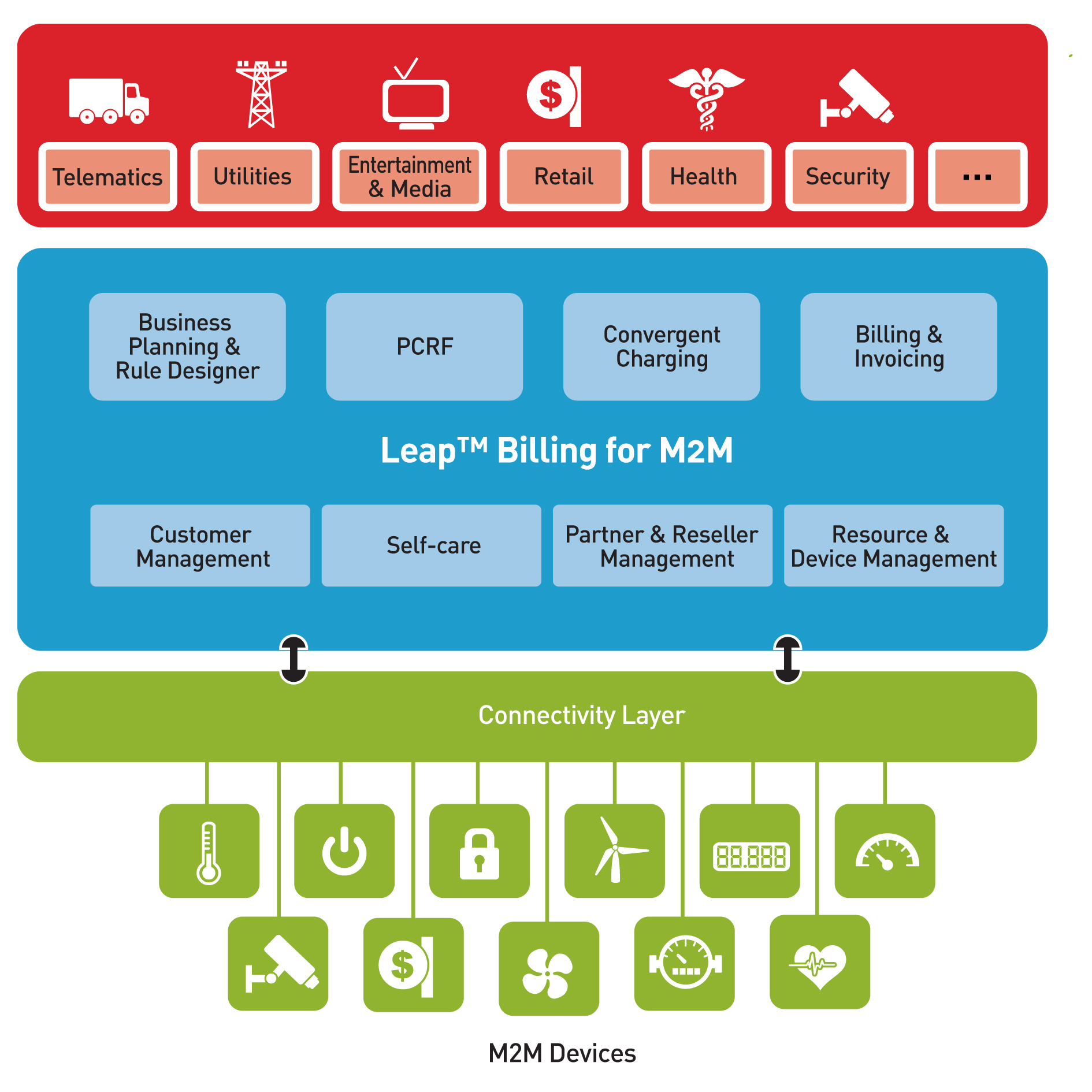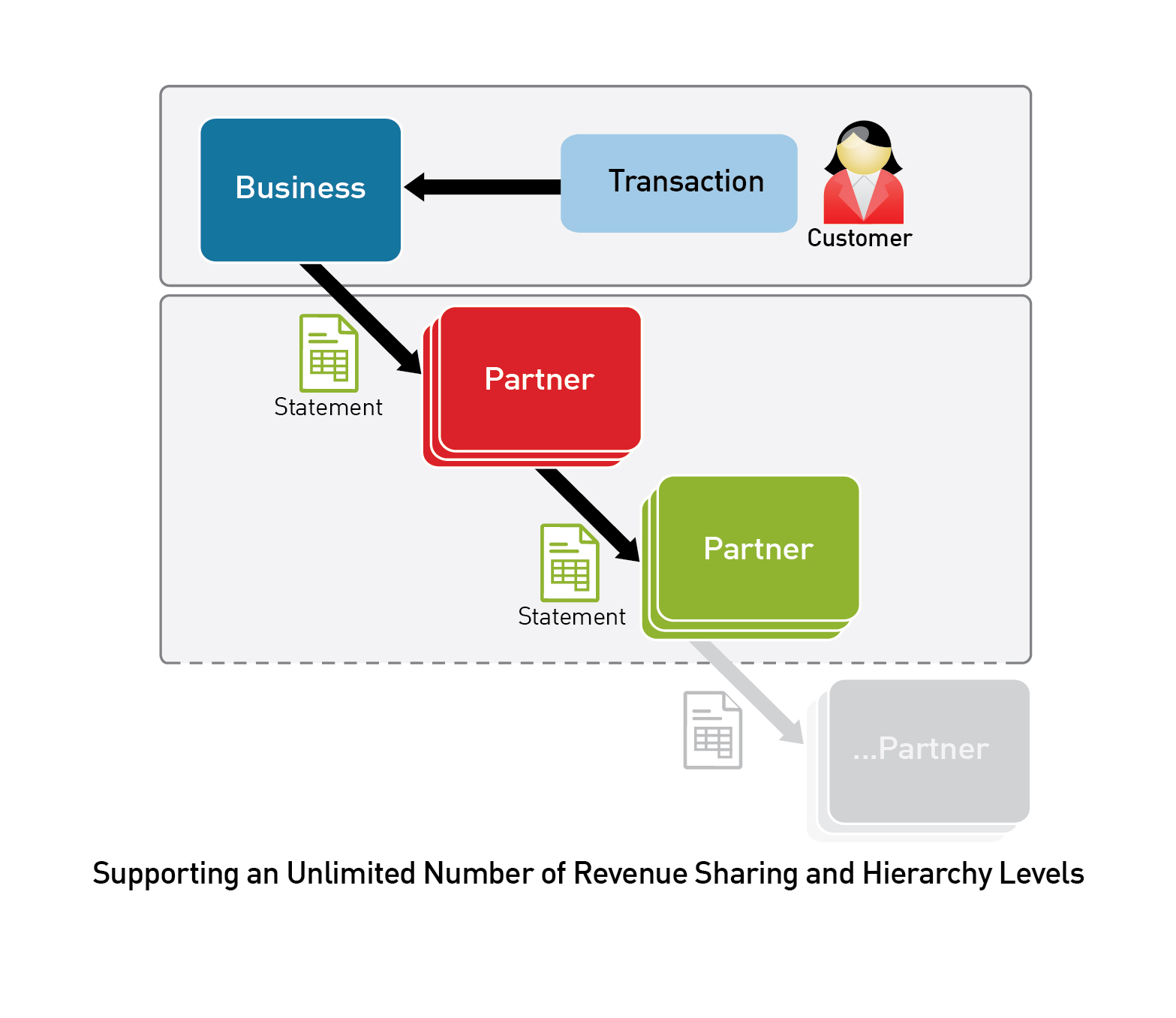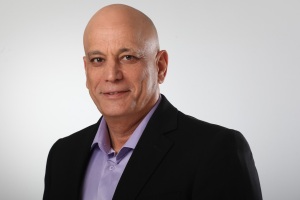A complex environment in an ever-changing sector
Within the Internet of Things (IoT), all the players, whether they are CSPs, MVNOs, IoT service or platform providers, must be able to offer new services and pricing models quickly and easily to keep pace with this fast growing sector.
Whether it’s telematics, smart grids and other utilities, security, entertainment, industrial or any of the other burgeoning IoT sectors, these service providers need a revenue management solution that can handle a complex range of business formations for the myriad of diverse industry verticals involving numerous partners in highly intricate value chains.
They must be agile enough to launch new marketing plans and services and process end user changes as quickly as their marketing department can dream them up, because these are what turn their back office into a genuine revenue generator, says Avi Kachlon, CEO at FTS.
Where smart revenue sharing comes in
Players in every segment of the industry face the same challenges: being able to bring new partners on board quickly; launch new, bespoke contracts; rapidly adjust existing contracts; understand and respond to the different needs and business logics of each industry; and to create revenue sharing schemes to fit various segments.
Smart revenue sharing enables service providers to implement solutions that can facilitate these complicated partnerships and revenue-sharing relationships, enabling them to increase revenue, become more attractive to partner with, reduce total cost of ownership and ultimately, be able to cope and scale with any demands they are presented with.
Transportation use case
This example of electric car charging stations scenario demonstrates how IoT software goes beyond plain billing for a ‘smarter’ approach.
The electric car charging infrastructure provider needed to implement a real-time, transaction-based charging and billing, customer management and partner management solution. With the ability to offer personalised pricing plans, each charging station can invoice different rates and prices and handle numerous time – and volume – based tariffs.
Each tariff can be combined with specific factors such as: parking fees per time unit; penalty for exceeding the maximum parking time; maximum and minimum amperage and minimum revenue.
Thanks to smart revenue sharing, there is individual automatic revenue allocation for each loading endpoint and partner. All the stakeholders across the hierarchy of agreements within this parking station example can participate in the transactions, can earn revenue and are motivated to support, promote and grow the offering.
The relationship between the charging stations and end users is controlled by a smartphone application, ensuring fast registration and complete transparency.
Facing tomorrow’s IoT challenges today
Deploying a smart revenue sharing-enabled billing solution ensures that marketing plans can be easily and rapidly configured; that flexible service plans based on transactions frequency, devices, time of day, location, applications or data usage can be created; and that unlimited policy and charging rules can create on-the-fly micro-segmented strategies.
With broad support for partners in a complex value chain, there is no limit to the number of organisations or the interconnection agreements and settlements involved. With such a solution at their fingertips, today’s IoT providers are more than equipped to meet the challenges of tomorrow.
Smart revenue sharing allows the IoT industry to not only charge for connectivity and for basic services, but to resolve issues around the complex relationships and hierarchies that are inherent in the sector, thereby truly monetising IoT.
Avi Kachlon, CEO of FTS. FTS provides convergent billing, charging, customer care, policy control and payment solutions that have greater flexibility and provide greater independence for communications, IoT and digital service providers, resulting in a dramatically lower total cost of ownership.
The author of this blog is Avi Kachlon, CEO at FTS.
Comment on this article below or via Twitter: @ VanillaPlusMag OR @jcvplus






